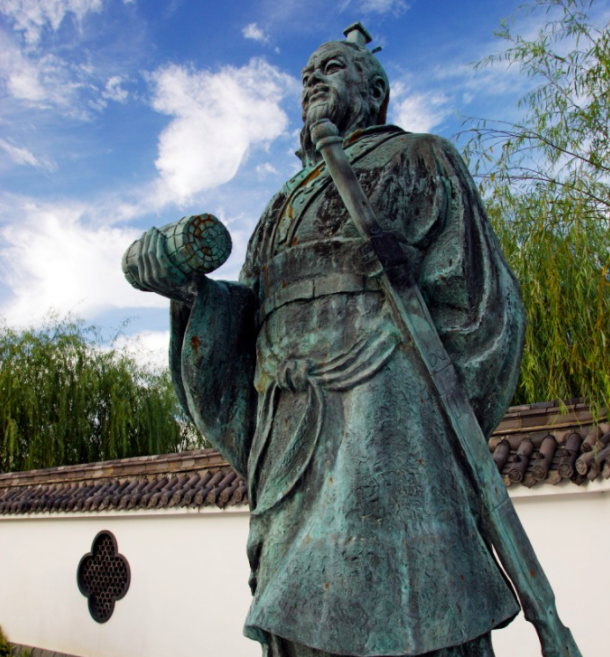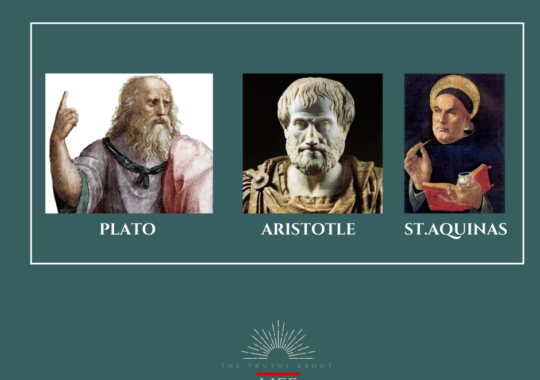Short bio on Sun Tzu
Sun Tzu is considered to be an author of the book The Art of War and the one of the best military strategists and generals of the Wu state of Acient China dating back on 5th Century BC (n.d, 1998).
“Who wishes to fight must first count the cost” – Sun Tzu
Furthermore, Sun Tzu is also known to be a philosopher, with a great impact Chinese and Asian history and culture. Even is Sun Tzu’s authenticity being still questionable as there is no firm proof of his existence and relation to the book The Art of the War, his work is considered to be an important work with huge influence on Asian and Western culture and politic (n.d).
The book The Art of War is strategic and tactic guide for generals, emphasizing the importance of the information accuracy and the unpredictability of the battles, which leads generals to be flexible and open minded in defining their strategies and tactics (n.d, 1998).
The era that Sun Tzu was supposed to live in, is known by their typical goods, such as foods and cloths, as well as by large-scale buildings for that time. The culture of the time was also known for nourishing the importance of pictographic writing, gongs, bells, drinking tea culture and silk production (Ancient Chinese Culture, n.d.).
I find it quite remarkable that someone who lived more 5000 years ago still has such a great impact on others and that his work is still mentioned in many important relations to the business and even personal development. We can still find many people quoting him and using his philosophy even today.
Connection to Realism
I believe that Sun Tzu’s direct connection to Realism could be explained where he explains the lack of the connection between objects that we see them and they still exist. If we don’t see something, it doesn’t really mean that it doesn’t exists.
By definition of realism we should clear our minds completely from what we know about objects. Clear known background, personal believes and theories. What we know about the object doesn’t really have any effect on the reality as it is (Lebow, 2008). Even the reality itself can be changed as the conditions for that reality can be changed over that time, so there is no ultimate truth.
I believe that what realism is trying to teach us that we need to bend in the way the wind blows and to learn to adjust to the given situation, no matter what our believes about it are. If we want to be aligned with current situation and to even rule in it, we should keep our minds open and be ready to change and to change very quickly when necessary.
Philosophy of realism is teaching us that there is no place for holding the grudge or to be too proud to let go of our principles. Many times, when we want to achieve something, the philosophy of realism is teaching us to look at the situation from a point of third party that has no interest in the situation. Of course the question here is, if have we trained ourselves enough to achieve that?
“He will win who knows when to fight and when not to fight.” – Sun Tzu
If we aim to defeat our competitors, be it in war, business, love or friendship, first we need to gain a deep knowledge about our competitors. And not just about anything, the most important thing is to know and understand from where their weaknesses come from. Furthermore, if we want an army of soldiers, be it employees or really soldiers, to follow us, we need to show them that their needs are in our first interest. How can we really expect someone to back us up in something so important if they don’t trust us that what we are doing is for their own benefit?
To conclude
Considering the Sun Tzu’s philosophy is more than 5000 years old and that we still use the same principles in today’s business world and even in personal life, I would say that the viewpoint of his philosophy for that time especially was not only valid, but quite remarkable.
Furthermore, not only that I believe that his philosophy would withstand the test of the time, I believe that the same philosophy will be carried on for long decades even further in time.
The same philosophy can and probably will be applied through next centuries, as the principles which sustained for more than 5000 years will probably not significantly change over the time, there will probably be just a slight change in the implementation and means of use itself.
References used
Tzu, S. (1994, May). The Art of War. Retrieved from https://tgitdata.blob.core.windows.net/trentgardner/eBooks/Sun Tzu – The Art of War.pdf
Sunzi. (1998, July 20). Retrieved from https://www.britannica.com/biography/Sunzi
Sun Tzu Biography. (n.d.). Retrieved from https://www.thefamouspeople.com/profiles/sun-tzu-261.php
Lebow, R. N. (June 9, 2008). The Ancient Greeks and Modern Realism: Ethics, Persuasion, and Power. In Bell, D. (Ed.), Political Thought and International Relations (26-40). Verlag: Oxford University Press, Retrieved from https://www.dartmouth.edu/~nedlebow/anc_gree_mod_real.pdf
Ancient Chinese Culture (1600–221 BC) — Development and Features. (n.d.). Retrieved from https://www.chinahighlights.com/travelguide/ancient-chinese-culture.htm





